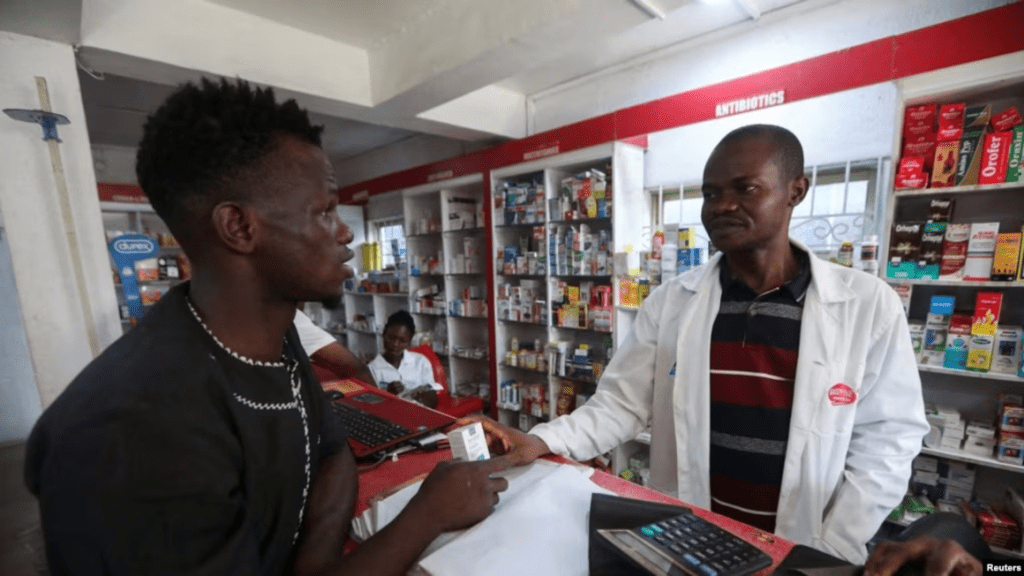As the world commemorated Asthma Day this week, Nigeria is grappling with a severe health crisis marked by skyrocketing inhaler prices. The departure of multinational pharmaceutical companies like GSK, along with rampant inflation, has led to a staggering increase in the cost of essential asthma medications, with prices soaring over 500% in less than a year. This drastic rise has made it difficult for many asthma patients to afford their vital treatments, forcing them to seek alternative remedies.
Personal Stories of Struggle
Patients like Khalida Jihad, who has lived with asthma for nearly 30 years, are feeling the pinch. “I hardly buy and stock up anymore. I definitely need an inhaler, no matter the cost, but what about people who can’t afford it?” she expressed, highlighting the harsh reality many face.
Rita Joseph, a college student, shared her own challenges, stating, “For four months now, I can’t afford an inhaler because of the high price, so I now use ginger, garlic, cloves, lemon, and other natural ingredients because they are cheaper.”
The Asthma Burden
Asthma is a chronic lung disease affecting millions worldwide, contributing to over 450,000 preventable deaths each year, according to the World Health Organization (WHO). While recent official data is lacking, a 2019 survey estimated that Nigeria has about 13 million asthma sufferers, making it one of the highest in Africa.
Public health experts, like Ejike Orji, warn that the rising cost of asthma medication could lead to dire consequences. “If the drug to manage an acute attack is not available, it could lead to loss of life,” he cautioned.
He emphasized the urgency of affordability, noting that standard medications, such as the Ventolin inhaler, are increasingly hard to find in the market.
A Call for Awareness and Action
The burden of asthma disproportionately affects low-income countries, with over 80% of related deaths occurring there due to a lack of awareness, poor disease management, and limited access to healthcare, as reported by WHO.
Orji stressed the importance of government action to raise asthma awareness in Nigeria. “One area the government can improve is public education and community engagement to create awareness about what to avoid as an asthmatic, how to prevent attacks, and what to do in case of an emergency,” he said.
As asthma patients in Nigeria continue to struggle with unaffordable treatment options, the need for a comprehensive approach to address this health crisis has never been more critical.




















